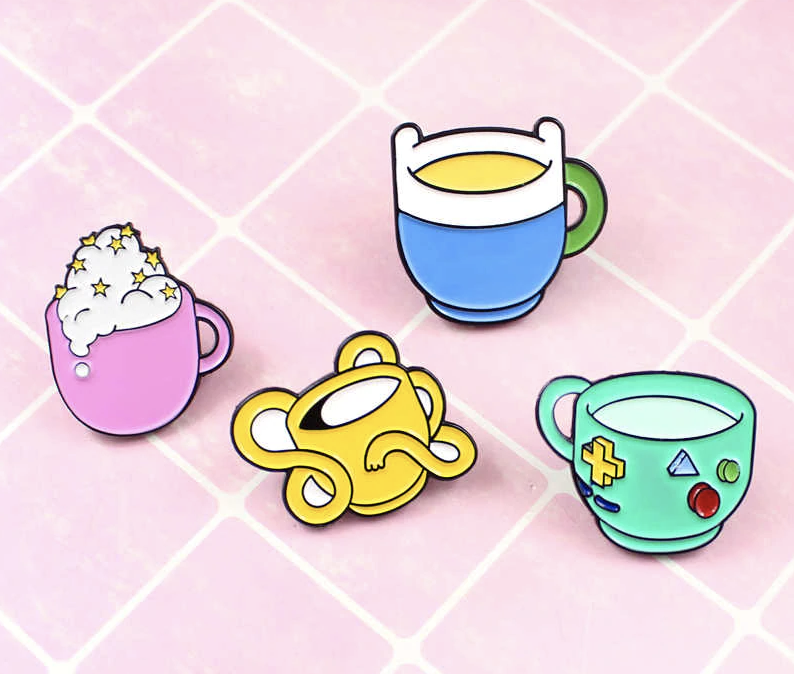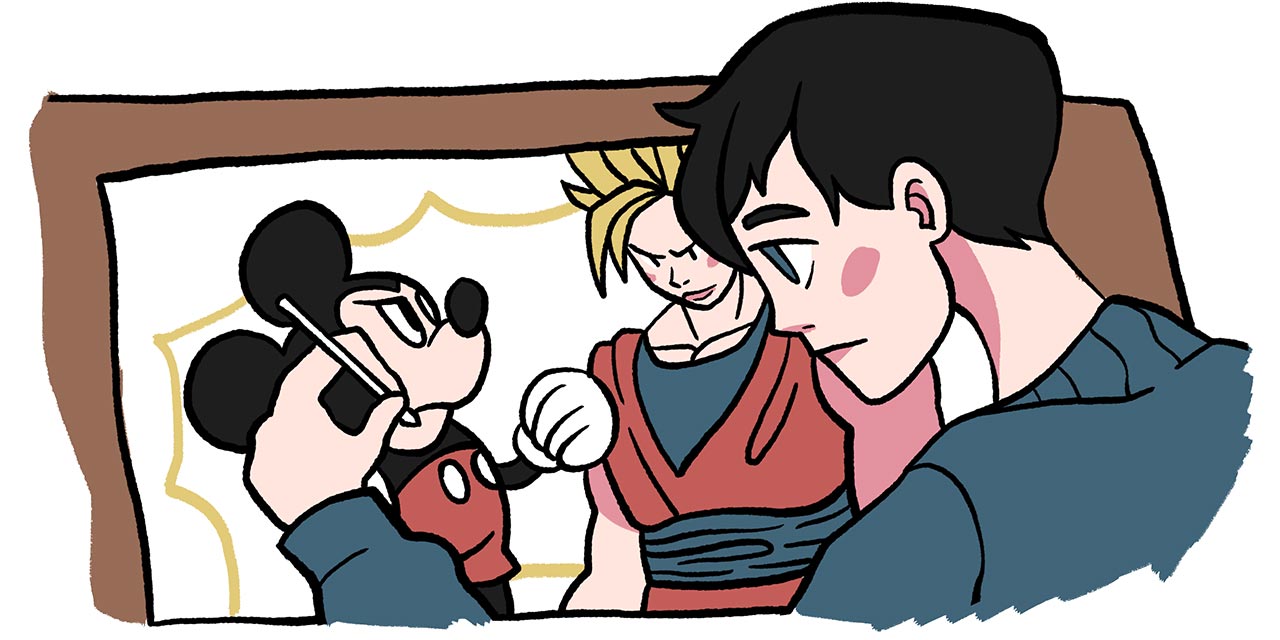We live in a world where intellectual property is paramount, where copyright law is strict and highly punishable. We also live in a world, however, where some of the best and brightest ideas are built on the sounds and ideas of the past. We live in a world in conflict over the justifiable reach of copyright law.
Copyright law strives to protect pirating of things such as movies, music, books etc. Although most of us can probably agree that copyright is important in protecting the monetary rights of individuals agreeing on how much protection is enough is a touchy subject.
Many people, when presented with the issue of pirating, would immediately answer that no pirating is good. On the surface, it’s an easy enough sentiment to agree with. The problem comes when you begin to dig deeper. The reason that many people immediately condemn pirating is because the image they see in regards to pirating is some street vendor selling stolen movies and stealing profits from the rightful owners. Although that situation is pirating it is not the only outcome.
Pirating, it turns out can help as much as it can hurt. Pirating in its softer sense, allows new minds to build upon the old. It allows artist like Girl Talk to create new from the old and it allows programs like Napster to keep alive things long forgotten and share the new.
In the case of Girl Talk pirating and copyright infringement are very present. Girl Talk is a mashup artist by the name of Gregg Michael Gillis. What he does is take bits and pieces from other copyrighted songs and blend them together in a new and exciting way to make something altogether new out of the old. This type of pirating can be very beneficial. For one thing, it allows the evolution of creativity. It allows an artist to build on the successes of the past. Another thing is that it also brings old or previously popular songs to the forefront of the public’s mind. In this way it helps the pieces it pirates, it gives them a new relevancy in a new way.
Now, the way Girl Talk works is not perfect and I’m sure you could make an argument about the detrimental aspects of his mashups, but it is also clear that he can’t be written off as a mere pirate and criminal. Girl Talk doesn’t pretend that he wrote the music or sang the songs, he only claims credit for the way they are cut together and played, and even in that he does not make money off of the music.
Another example of the grey area that is pirating is Napster. Napster was originally started in June of 1999 and was a peer-to-peer (P2P) file sharing internet service. Through the service users all around the world could share audio files. This allowed all members access to thousands upon thousands of songs free of charge. This music sharing “free of charge” is where the pirating comes in. If users can get the music they want for free why on earth would they ever pay for it? Again it seems that we have a simple issue that can be written off as pirating and dismissed. Napster however, like life is not that simple.
In a way this sharing of information benefited the world. It allowed users access to songs that were no longer available or weren’t widely known yet. A user could come across a song that was no longer available for purchase and they could rediscover it and keep the music alive. A user could also be exposed to music they would never have heard before and their sharing of pirated material could actual lead to them purchasing more material.
Ultimately, unlike Girl Talk who still produces music, Napster was sued for copyright infringement by A&M Records and was forced to shut down. In addition to closing its doors Napster also made a formal apology and paid 26 million dollars in damages.
Clearly the costs for copyright infringement are high, much too high for the average individual to survive and historically many individuals have crumpled under the power of copyright law. The true question is whether the cost of copyright infringement is so high that it limits the evolution of our culture and the creation of new art. The best ideas are improvements of the old and if we don’t have access to the old we can’t create the new. The majority of people will agree without hesitation that stealing is wrong, but when it comes to piracy we enter the grey area between protecting the old and encouraging the new.







